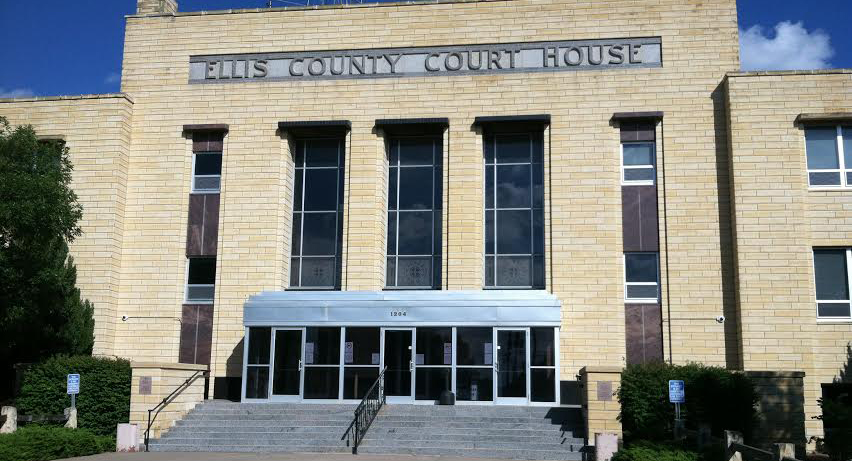By James Bell
Hays Post
“It did not happen.”
That is the wording used to describe the writing of a codicil that would have shifted the bulk of the estate of Earl O. Field – estimated around $20 million – from the Fort Hays State University Foundation to longtime caretaker Wanda Oborny in a court ruling released Wednesday afternoon.
The Foundation argued the codicil was fake, and Field had continued with his desire for the estate to be given to the Foundation until his death Feb. 19, 2013.
Oborny argued Field had changed his mind writing a codicil to his will that gave Oborny 50 percent of the estate with another 25 percent willed to his longtime attorney Joe Jeter and the remainder to be given to the Foundation.
After hearing testimony in March and reviewing legal documents submitted by both sides in the case, Senior Judge William F. Lyle wholly sided with the Foundation.
“The Court must agree with the experts who concluded that not only did Earl not sign these letters/codicils, but that were not typed by him,” the ruling said.
Further, Lyle found differences in structure, punctuation, date placement, along with other inconsistencies lead the court to believe Field did not prepare, nor sign, the documents.
The court also cited timing issues with the development of the codicil, and the signatures of the witnesses, Steve and Kathy Little.
“The Court has struggled with the dates of the alleged codicils,” the ruling said. “The Court has concluded that the will/codicil signed by the Littles had to be dated prior to the unwitnessed will/codicil that was found earlier presented to and rejected by both Joe Jeter and Don Hoffman due to no witness or notarization of Earl’s signature.”
The court further questioned why a codicil formed on Jan. 22, 2013, would not have been mentioned in a letter the next day.
“The Court concludes that it was not mentioned by Earl in that letter because it did not happen,” the ruling said, noting both Earl and his wife, Nonie, had made changes to their wills several times during their lives and would have mentioned the change so that it would be known by the involved parties.
After finding the later codicil was invalid, the court concluded the only valid will in the case is the Aug. 12, 2010, will that gave the majority of the estate to the Foundation.
